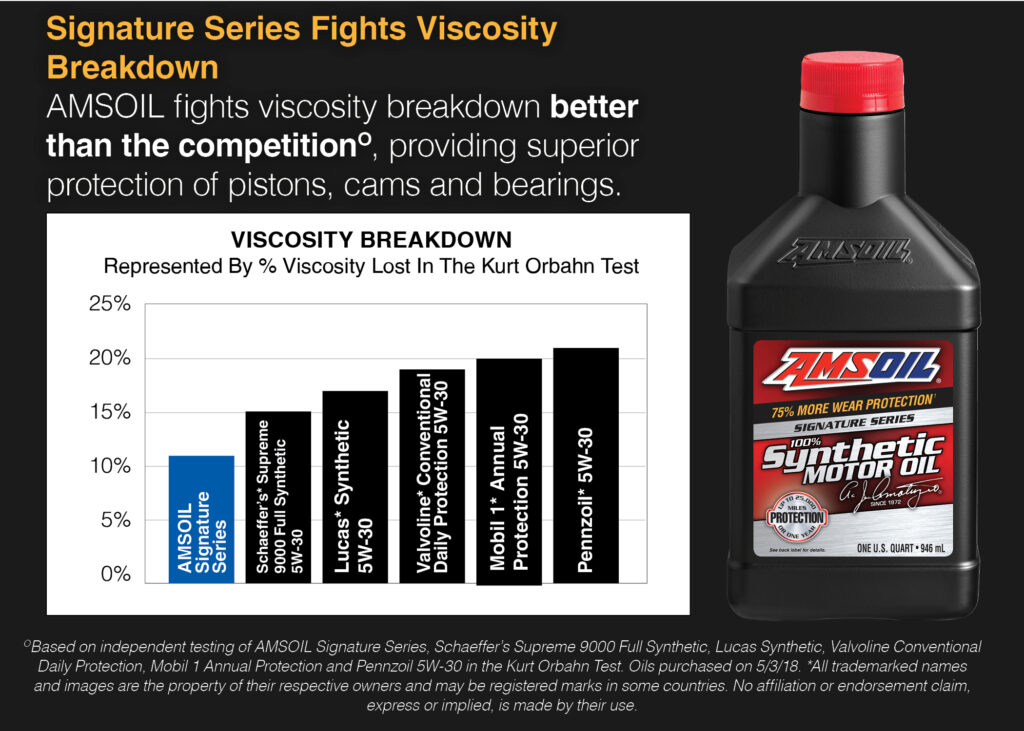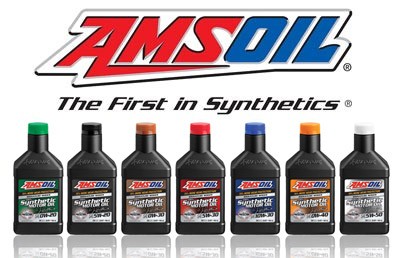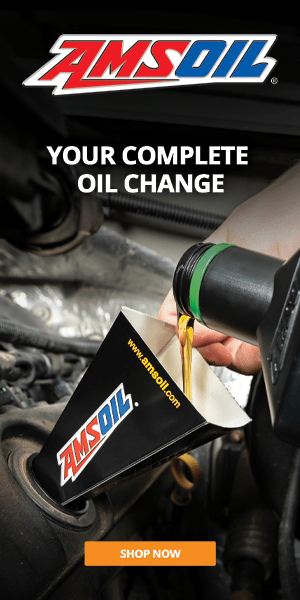Unleash Your Jeep Wrangler’s Potential: The Ultimate Guide to Choosing the Best Oil
Unleash Your Jeep Wrangler’s Potential: The Ultimate Guide to Choosing the Best Oil for Maximum Performance
Are you ready to take your Jeep Wrangler’s performance to the next level? Whether you’re a seasoned off-roader or a passionate adventurer, choosing the right oil is essential for unlocking your vehicle’s full potential. In this ultimate guide, we’ll explore the world of Jeep Wrangler oils and delve into the factors that should influence your decision. From viscosity grades to synthetic versus conventional options, we’ll leave no stone unturned. Discover how the right oil can enhance your engine’s durability, improve fuel efficiency, and optimize performance in extreme conditions. We’ll also tackle common misconceptions and provide expert recommendations to help you make an informed choice. Don’t settle for mediocrity – unleash the power of your Jeep Wrangler with the best oil for maximum performance. Get ready to conquer the trails with confidence and experience the thrill of unparalleled performance on and off the road.
Importance of choosing the right oil for your Jeep Wrangler
Choosing the right oil for your Jeep Wrangler is not just a matter of preference; it’s a crucial decision that can significantly impact your vehicle’s performance and longevity. The engine oil you select plays a vital role in lubricating the engine’s moving parts, reducing friction, and preventing wear and tear. By using the appropriate oil, you can optimize your Jeep’s engine performance, improve fuel efficiency, and extend the life of your vehicle.
Additionally, the right oil can help your Jeep Wrangler handle extreme conditions such as off-roading, high temperatures, and heavy loads. It will ensure that your engine stays cool, even during intense driving sessions, and protect it from damage caused by excessive heat or stress. Neglecting to choose the right oil for your Jeep can result in decreased performance, increased fuel consumption, and potential engine damage. Therefore, it’s essential to understand the different types of oils available for your Jeep Wrangler.
Factors to consider when choosing the best oil for maximum performance
Selecting the best oil for your Jeep Wrangler involves considering several essential factors. By understanding these factors, you can make an informed decision and ensure maximum performance from your vehicle.
**1. Viscosity:** Viscosity refers to the oil’s thickness or its resistance to flow. It is denoted by a number followed by the letter “W” (e.g., 10W-30). The first number indicates the oil’s viscosity at low temperatures, while the second number represents its viscosity at high temperatures. For Jeep Wranglers, it’s crucial to choose an oil viscosity that suits your climate and driving conditions.
In colder climates, a lower viscosity oil such as 5W-30 or 5W-40 may be suitable, as it flows more easily during start-up and provides better engine protection in cold temperatures. In warmer climates or during heavy-duty use, a higher viscosity oil like 10W-40 or 15W-50 may be recommended for better engine protection at higher temperatures.
**2. API Service Rating:** The American Petroleum Institute (API) assigns specific codes to oils to indicate their performance level. These ratings include the letters “S” for gasoline engines and “C” for diesel engines, followed by a number. For gasoline engines, the current rating is “SN,” which offers improved protection against sludge and deposits. When choosing oil for your Jeep Wrangler, ensure that it meets or exceeds the recommended API service rating for your engine.
**3. Manufacturer Recommendations:** Jeep provides specific oil recommendations for each model and engine variant. These recommendations can usually be found in the vehicle’s owner’s manual or by contacting your local Jeep dealership. It’s essential to follow these recommendations to ensure optimal performance and maintain any applicable warranties.
**4. Additives:** Some oils come with additional additives that provide extra benefits. These additives can include detergents to clean the engine, antioxidants to prevent oil breakdown, and friction modifiers to improve fuel efficiency. While these additives can be beneficial, it’s important to ensure they are compatible with your engine and do not void any warranties.
By considering these factors and understanding your Jeep Wrangler’s requirements, you can confidently choose the best oil for maximum performance.
Recommended oil viscosities for different Jeep Wrangler models
Different Jeep Wrangler models may have specific oil viscosity recommendations based on the engine and operating conditions. Here are some general recommendations for popular Jeep Wrangler models:
**Jeep Wrangler JK (2007-2018):**
– 3.6L V6 Engine: 5W-20 or 5W-30
– 3.8L V6 Engine: 5W-20 or 5W-30
**Jeep Wrangler JL (2018-present):**
– 3.6L V6 Engine: 5W-20 or 5W-30
**Jeep Wrangler TJ (1997-2006):**
– 2.5L 4-Cylinder Engine: 5W-30 or 10W-30
– 4.0L 6-Cylinder Engine: 10W-30 or 10W-40
It’s worth noting that these are general recommendations, and it’s always best to consult your vehicle’s owner’s manual or contact a Jeep dealership to confirm the specific oil viscosity for your model.

Common oil-related problems in Jeep Wranglers and how to address them
While choosing the right oil and performing regular oil changes can significantly reduce the likelihood of oil-related problems in your Jeep Wrangler, certain issues may still arise. Here are some common oil-related problems and how to address them:
**1. Oil Leaks:** Oil leaks can occur due to damaged gaskets, seals, or loose connections. If you notice oil spots under your Jeep or a drop in oil level between oil changes, it’s essential to identify and address the source of the leak. Consult a mechanic to diagnose the issue and replace any faulty components.
**2. Oil Consumption:** Excessive oil consumption can indicate a problem with your engine, such as worn piston rings or valve seals. If you notice a significant decrease in oil level between oil changes or excessive smoke from the exhaust, it’s advisable to have your Jeep inspected by a professional mechanic.
**3. Oil Discoloration:** Over time, engine oil can become contaminated with dirt, debris, and combustion byproducts, resulting in a darker color. However, if the oil appears excessively dark or has a milky appearance, it may indicate a more severe issue, such as coolant mixing with the oil. In such cases, it’s crucial to have your Jeep inspected to identify and rectify the problem.
**4. Sludge Build-up:** Sludge is a thick, gel-like substance that can form inside the engine due to oil oxidation or poor maintenance. Sludge can restrict oil flow, leading to engine damage and decreased performance. Regular oil changes using high-quality oils and following the recommended maintenance schedule can help prevent sludge build-up.
If you encounter any oil-related problems in your Jeep Wrangler, it’s recommended to consult a professional mechanic who specializes in Jeep vehicles. They will have the expertise and knowledge to diagnose and resolve any issues effectively, ensuring your Jeep continues to perform at its best.
Maintaining your Jeep Wrangler’s oil for long-lasting performance
Choosing the right oil and performing regular oil changes are essential for maintaining your Jeep Wrangler’s long-term performance. However, there are additional steps you can take to ensure your vehicle’s oil system remains in top condition:
**1. Regular Oil and Filter Changes:** Follow the manufacturer’s recommended oil change intervals and use the recommended oil and filter type. Regularly changing the oil and filter will help remove contaminants and preserve engine performance.
**2. Monitor Oil Levels:** Check your Jeep’s oil level regularly using the dipstick and top up if necessary. Low oil levels can lead to inadequate lubrication and potential engine damage.
**3. Maintain Cooling System:** A well-functioning cooling system is crucial for preventing oil overheating and breakdown. Ensure your Jeep’s cooling system is properly maintained, and the coolant levels are adequate.
**4. Check for Leaks:** Routinely inspect your Jeep for any signs of oil leaks and address them promptly. Leaks can lead to low oil levels and potential engine damage if left unresolved.
**5. Clean Air Filters:** Dirty air filters can affect engine performance and increase oil contamination. Regularly clean or replace your Jeep’s air filters as recommended by the manufacturer.
By following these maintenance practices and staying vigilant about your Jeep Wrangler’s oil system, you can ensure optimal performance, longevity, and reliability.
Final tips for optimizing your Jeep Wrangler’s performance
Choosing the best oil for your Jeep Wrangler is a critical decision that directly impacts your vehicle’s performance, durability, and overall enjoyment. By considering factors such as viscosity, API service rating, manufacturer recommendations, and additives, you can make an informed choice that maximizes your Jeep’s potential.
Additionally, following proper oil change procedures, using high-quality oils from reputable brands, and maintaining your Jeep’s oil system will contribute to long-lasting performance and reliability. Regular inspection, addressing any oil-related problems promptly, and adhering to recommended maintenance practices will help ensure your Jeep Wrangler remains in peak condition for years to come.
Unleash the power of your Jeep Wrangler by choosing the best oil for maximum performance. With the right oil, you can confidently conquer any terrain, experience unrivaled performance, and embark on unforgettable off-roading adventures. Don’t settle for mediocrity – optimize your Jeep’s potential and embrace the thrill of the open road. Choose AMSOIL Synthetic Oil!



